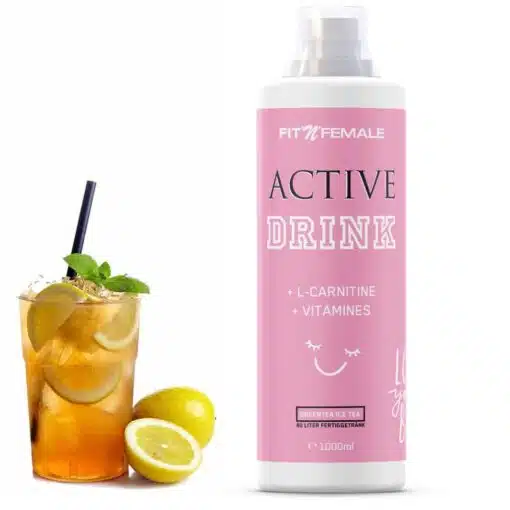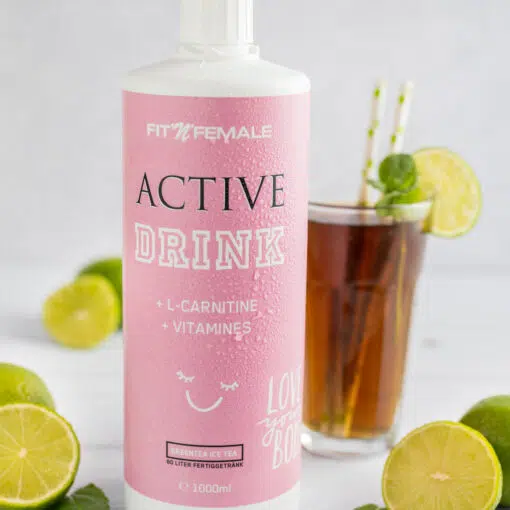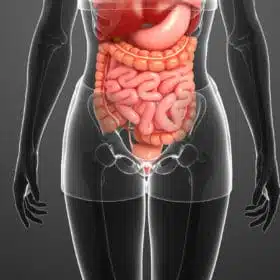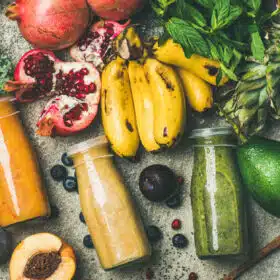Crunches are a popular exercise for training the abdominal muscles, but the coveted six-pack is not achieved with crunches alone. The formation of pronounced abdominal muscles and the six-pack comes from a combination of intense and effective exercises for the abdominal muscles and a healthy diet with high-quality supplements. Below we have compiled four nutrition tips (six-pack foods) that are especially recommended for burning fat, improving metabolism and forming a pronounced six-pack.
Eat more vegetables
Most people do not use fresh vegetables in their diet or diets. It is believed that only about 30 percent of us eat fresh vegetables three times a day. Fresh vegetables provide important nutrients, vitamins, minerals and antioxidants that the body needs especially for a healthy metabolism. Vegetables have a stomach-filling effect, so that a strong feeling of hunger can be quickly mitigated. If you want to promote your desired muscle building, you should make sure that you eat more vegetables. Preferably for breakfast, lunch and dinner.
Tip: Use vegetables in salads, sautéed or raw. So that the vegetable meals do not become too monotonous, you should not only use broccoli or lettuce. vary your vegetable preparations for example with cabbage, spinach, green or yellow beans, carrots or other vegetables. There are no limits to your creativity in preparing vegetable meals.
Use different carbohydrates
Many athletes still believe that they have to avoid carbohydrates in their diet if they want to develop strong and visible abdominal muscles or a six-pack. In fact, you can eat carbohydrates even in a dieting phase. You just have to make sure that they are of high quality and that they are eaten at the right time. Carbohydrates from starchy vegetables and fruits do not always provide enough vitamins, minerals or antioxidants.
Tip: Instead of eating carbohydrates from grain-based and industrially processed foods, switch carbs to fresh, unprocessed fruits and vegetables or potatoes including sweet potatoes. Try sweet potato protein pancakes, zucchini noodles or eat fruit with your salad. Eat your carbs at the appropriate time during the day. This is especially when sugar levels have dropped. The best time is early in the morning after you get up or as a post workout meal after your workout.
The nutrient fat is your friend
The good news at the beginning: fats do not make you fat. You just have to make sure that you include high-quality fats in your diet. With a healthy diet and individual supplementation, you should definitely take essential fatty acids, as the body cannot produce them on its own. It has now been shown that high-fat or high-protein diets produce better defined muscles and less belly fat than diets with a high carbohydrate intake. Essential fatty acids act in our hormones and metabolism, both of which have a crucial influence on our muscle growth.
Tip: Avoid eating fats along with carbohydrates, as a combination of these two nutrients can interfere with digestion and create a higher insulin waste than when you eat fat along with protein. Twenty to 30 percent of your daily caloric intake should come from the nutrient fat. High-quality fats are found in nuts, seeds, avocado, olive oil, chia, coconut or flaxseed oil, for example. Add a tablespoon of almond butter to your protein meal, cook with coconut oil from time to time, or try using flaxseed oil as a dressing for your salad.
Incorporate enough protein into your diet
This message is not new. If you want to train a six-pack, you need to train your muscles in general and increase muscle mass. Why? A well-trained musculature promotes many metabolic processes in the body, which means that the more muscles are trained, the better your metabolism will work. This has the advantage that you generally have more energy and therefore burn more fat, which in turn helps your six pack. However, an increased protein intake alone does not lead to a muscle buildup or the coveted six-pack, for this the important amino acids are also necessary.
Tip: Make sure you eat about five to six small meals of protein per day. This dosage keeps your protein level consistently high, which is especially important for muscle building. If you want to build muscle and get a six-pack, about 40 to 50 percent of your daily calorie intake should come from protein. The protein sources can be, for example, low-fat meat, poultry, eggs, soy or a high-quality WHEY protein.






